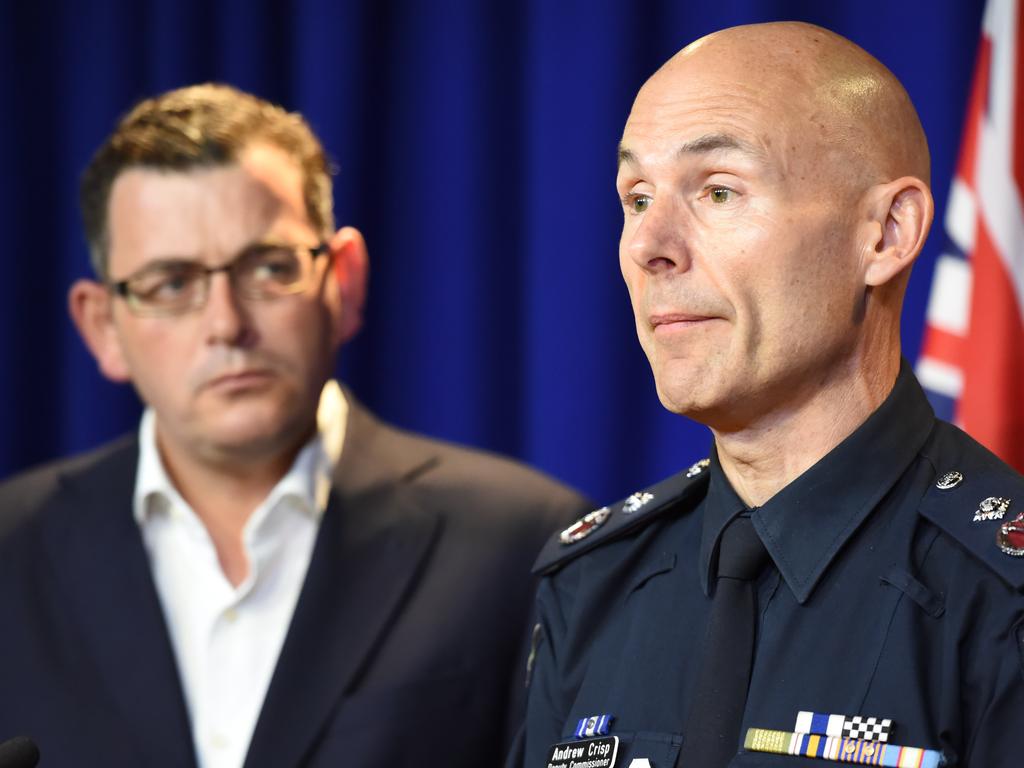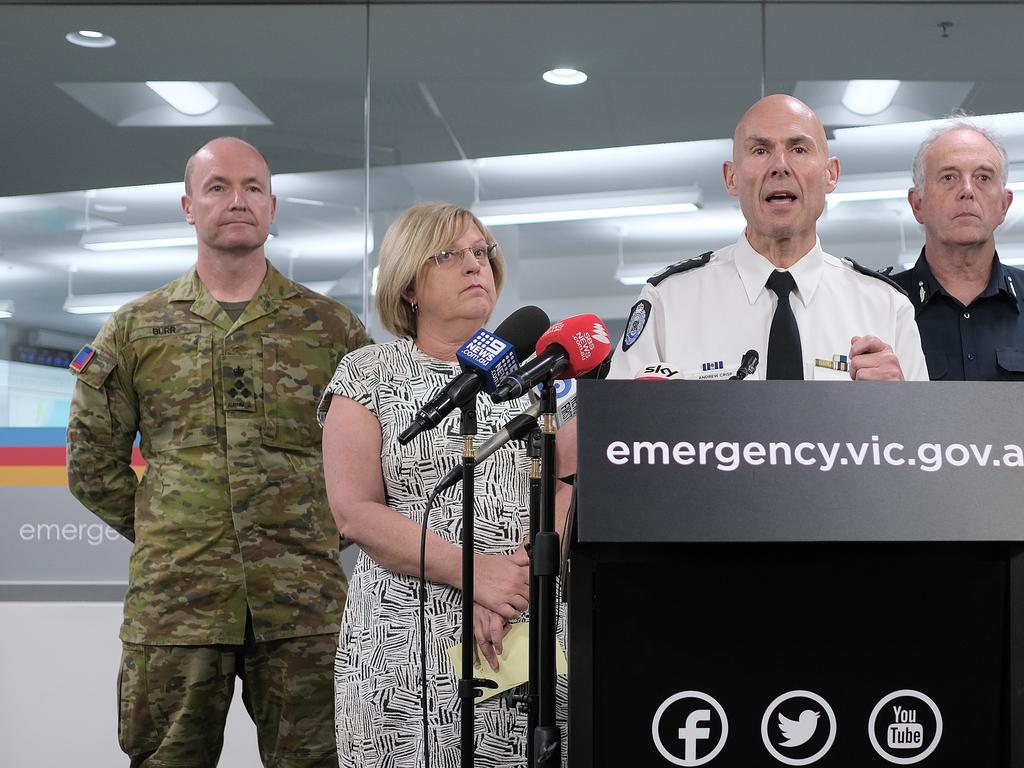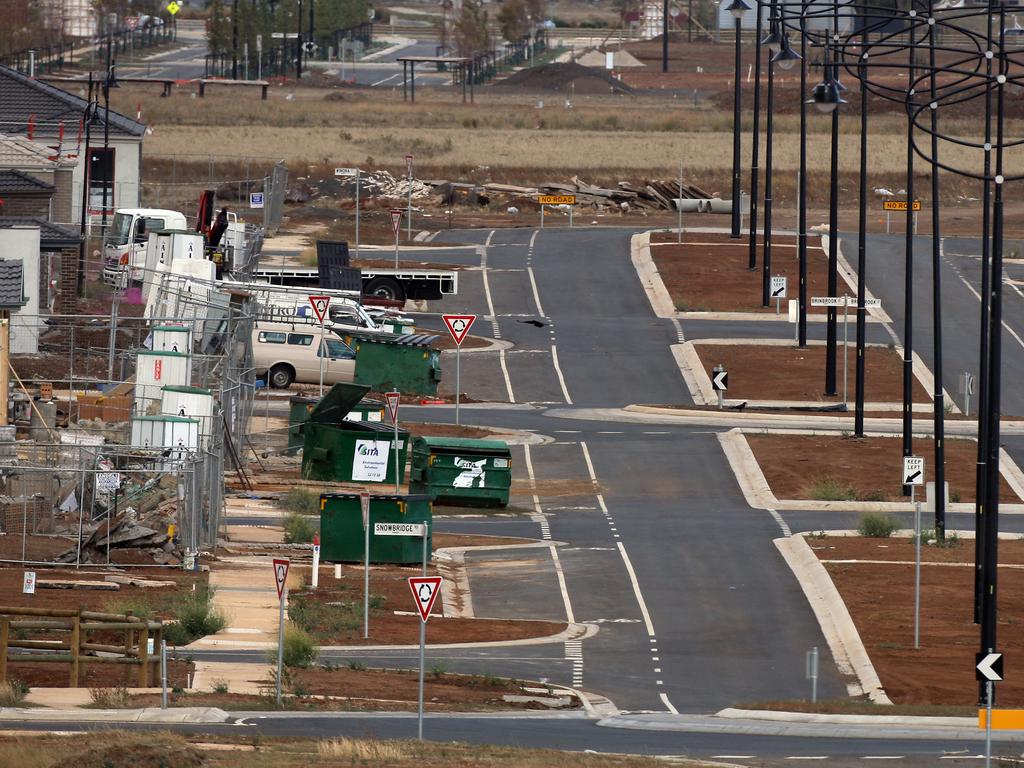‘Hubris’ shown after early aged-care cases
Ending three days examining how nursing homes managed the pandemic, Peter Rozen QC says the sector remains unprepared today.

The Morrison government displayed “a degree of self-congratulation and even hubris” about the aged-care sector in the lead-up to the COVID-19 outbreak in Victoria that has so far left 170 residents dead, the aged-care royal commission has heard.
Ending three days examining how nursing homes had managed during the coronavirus pandemic, Peter Rozen QC noted the sector continued to be unprepared even today.
The earlier experiences at Sydney’s Newmarch House and Dorothy Henderson Lodge — where 23 residents had died in total — had not been learnt when the outbreak hit Victoria.
“The lessons of those two outbreaks were not properly conveyed to the sector and as a result the sector was not properly prepared in June 2020 when we witnessed high levels of community transmission of the virus in Melbourne,” Mr Rozen said.
“Based on the evidence you have heard the sector is not properly prepared now.”
Four days before Victoria recorded its first coronavirus nursing home death, federal Aged Care Minister Richard Colbeck had written to providers congratulating them on “responding incredibly well to the challenges”.
There are now 2018 active cases across 125 Victorian aged-care centres, an increase of 89 infections since Wednesday. Four of the eight deaths reported on Thursday were linked to those homes.
Victorian health authorities took over three additional aged-care centres on Thursday — including the troubled Glenlyn home in Glenroy — replacing staff with nurses and doctors.
The Australian this week revealed residents at Glenlyn had been refused access to hospitals by the Department of Health and Human Services and instead left at the centre and given sedatives.
Mr Rozen, who clashed with federal Health Department secretary Brendan Murphy at a royal commission hearing earlier this week, said there was “reason to think that in the crucial months between the Newmarch House outbreak in April and mid-June a degree of self-congratulation and even hubris was displayed by the commonwealth”.
“Although the minister did urge continued vigilance in the letter and he warned that the battle was not yet over, there’s no real sense of urgency in reading the letter,” he said. “There was no suggestion that for example, that providers should consider asking their employees to wear masks.”

The three homes taken over by Victorian health authorities — Glenlyn, Florence Aged Care in Altona and Kaylna Care in Delahey — were of “particular concern,” Daniel Andrews said.
“We will go in and essentially run that, as if it were a public sector aged-care facility,” the Victorian Premier said.
Those homes had requested a “surge” workforce through the recently-created Victorian Aged Care Response Centre but failed to secure staff, according to the sector’s peak body, Leading Age Services Australia.
“They have been desperately calling for additional staff, in some cases for weeks, with the situation deteriorating rapidly with more and more staff having to go into isolation,” LASA chief executive Sean Rooney said.
“There appears to be an alarming lack of a surge workforce.”
The national cabinet agreed last Friday to urgently pull together a “lessons learned” document from the Victorian outbreak with a view to ensuring other states didn’t have the same issues in future. It would include a full audit of emergency response capability across the states, as well as new recommendations on infection-control training.
Mr Rozen said the federal government “was firmly on notice early in 2020” about the challenges the aged-care sector would face from COVID-19.
He cited the experience in Europe and the US, where nursing home residents had proven vulnerable to the virus, as well as deep-seated workforce issues and confusion about the role of state and federal governments in aged care. But the response from authorities had been too reactive, Mr Rozen said.







To join the conversation, please log in. Don't have an account? Register
Join the conversation, you are commenting as Logout